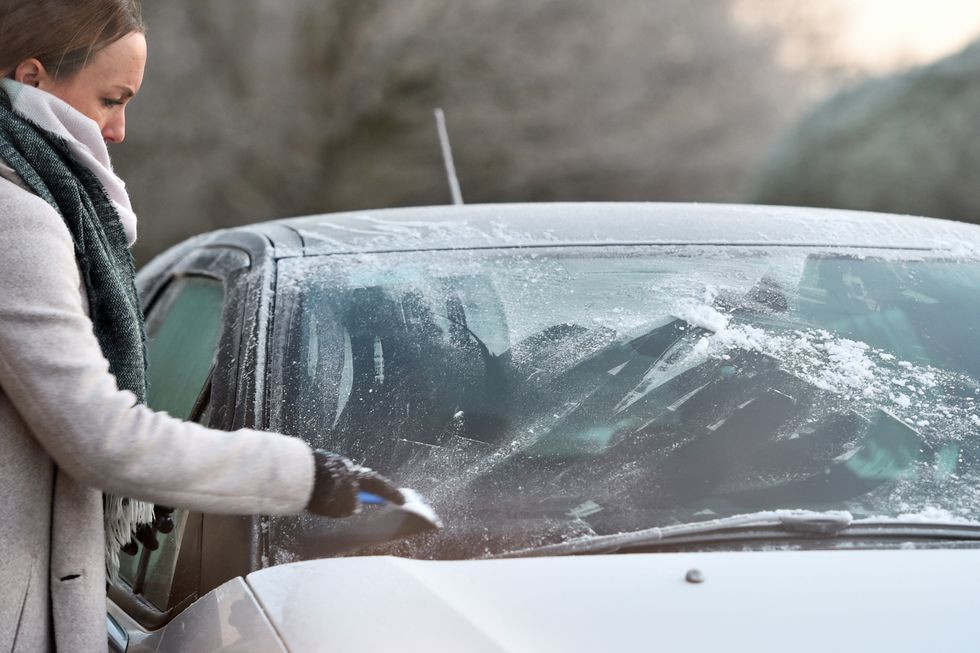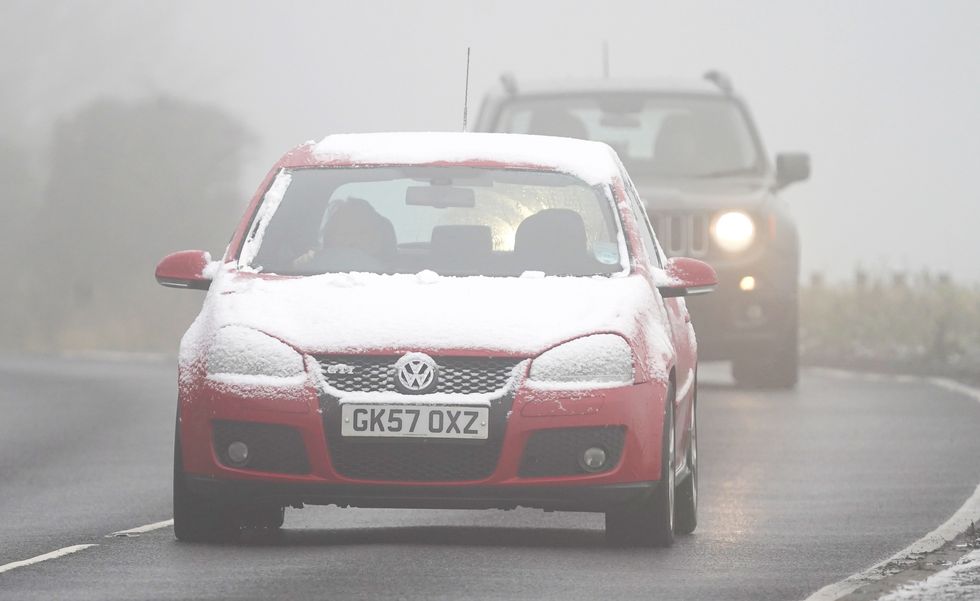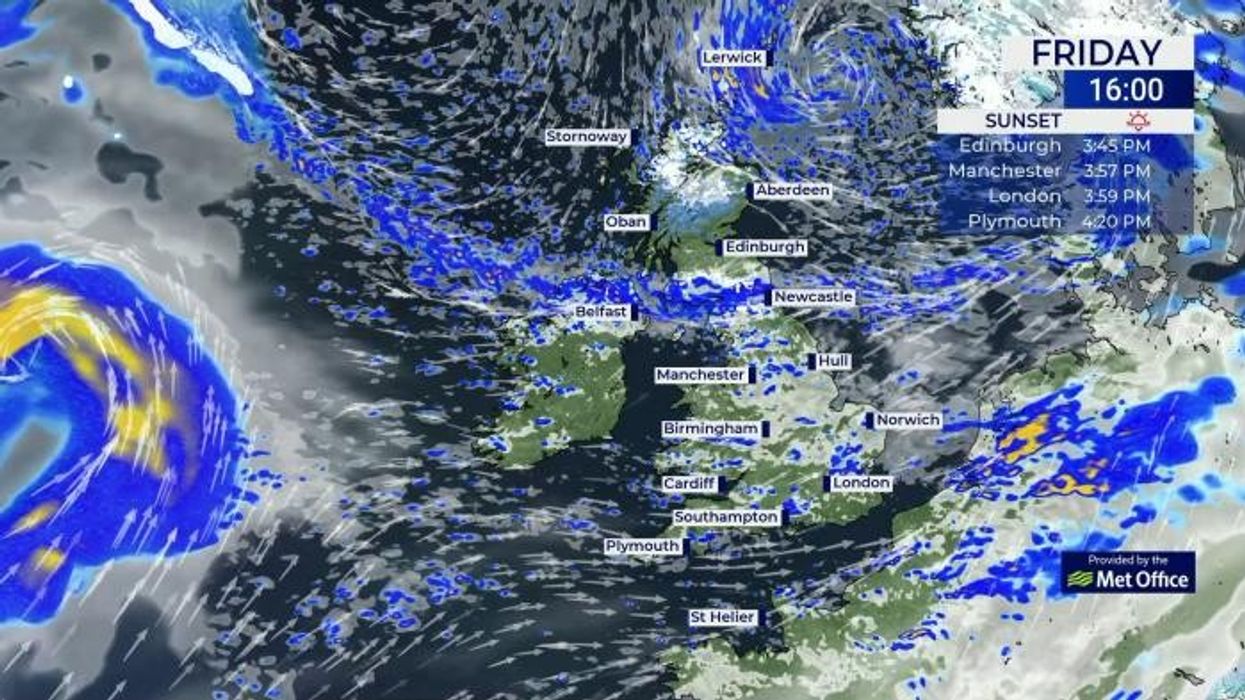Motorists should be careful in the event that their windscreen wipers become frozen
Don't Miss
Most Read
Trending on GB News
Drivers are being urged to avoid using a common method to clear their windscreen this winter or they could face a hefty fine.
Millions of drivers around the country could be heading back to their jobs today following the Christmas and New Year’s celebrations.
With winter in full swing, motorists waking up to get ready for work may be met with poor weather, a frosted car and icy roads.
The Met Office has issued a number of winter weather warnings in recent days, with much of the UK being battered by strong winds, heavy rain and even snow in some areas.

An initial fine of £20 could be issued before it rises to £80
PA
Storm Pia, Gerrit and Henk have caused havoc around the country with gale-force winds, snowstorms and even tornadoes.
With the cold temperatures expected to stay, drivers may wake up to their car covered in frost, ice and potentially even snow.
When clearing their windscreen and windows of frost and condensation, some people may leave their engines running while their heater gets rid of the obstruction.
Drivers could be hit with a fine for using this method to clear their vision given that the engine is running.
This releases emissions from the tailpipe and can cause environmental damage, which could see drivers hit with £80 for idling, according to London Councils.
Motorists can be issued with a fixed penalty notice if they refuse to switch their engines off by authorised personnel, with an initial £20 fine, which can rise to £40 if not paid and finally £80.
The Highway Code outlines these measures in Rule 123, which states: "You must not leave a parked vehicle unattended with the engine running or leave a vehicle engine running unnecessarily while that vehicle is stationary on a public road.
"Generally, if the vehicle is stationary and is likely to remain so for more than a couple of minutes, you should apply the parking brake and switch off the engine to reduce emissions and noise pollution.
"However it is permissible to leave the engine running if the vehicle is stationary in traffic or for diagnosing faults."
Research from Skoda found that more than half of Britons are unaware that clearing frost using the heater could cost them on a public road.
According to the Institute of Engineering and Technology (IET), warming up cars in the colder months has a higher carbon impact per year than the population of Cardiff flying to Egypt.
The data suggests that drivers leave their cars running for 244 minutes every winter, creating over 107,000 tonnes of CO2 annually in the process.
Farooq Yaqub, a member of the IET’s Council, said: “It only typically takes less than 30 seconds to lubricate your engine once running and when driving, your engine should quickly reach full operating temperature.
“Excessive idling can also actually damage your engine’s components, including spark plugs, cylinders and exhaust systems – and an idling engine can produce up to twice the emissions of a car in motion.
Experts have urged motorists to use the so-called “10-second rule”. If a driver is going to be stationary for more than 10 seconds, they should switch the engine off to avoid a fine.
LATEST DEVELOPMENTS:
- Driving plans could see more traffic police rolled out after banned motorist caught at the wheel 20 times
- Motorists issued urgent New Year's warning as they risk 'more than just a fine or losing their licence'
- Petrol and diesel drivers demand help at the pumps and one man could save the day – analysis

A number of storms have caused chaos on roads in recent days and weeks
PA
Drivers need to be aware of other hazards they face this winter, with many fearing that the further threat of cold snaps, as well as the “troll from Trondheim” could cause havoc.
The Met Office has warned that if windscreen wipers can’t move because they are frozen, the circuit can overheat.
When this happens, a fuse inside the car could blow, potentially causing even more issues for drivers trying to get away.









